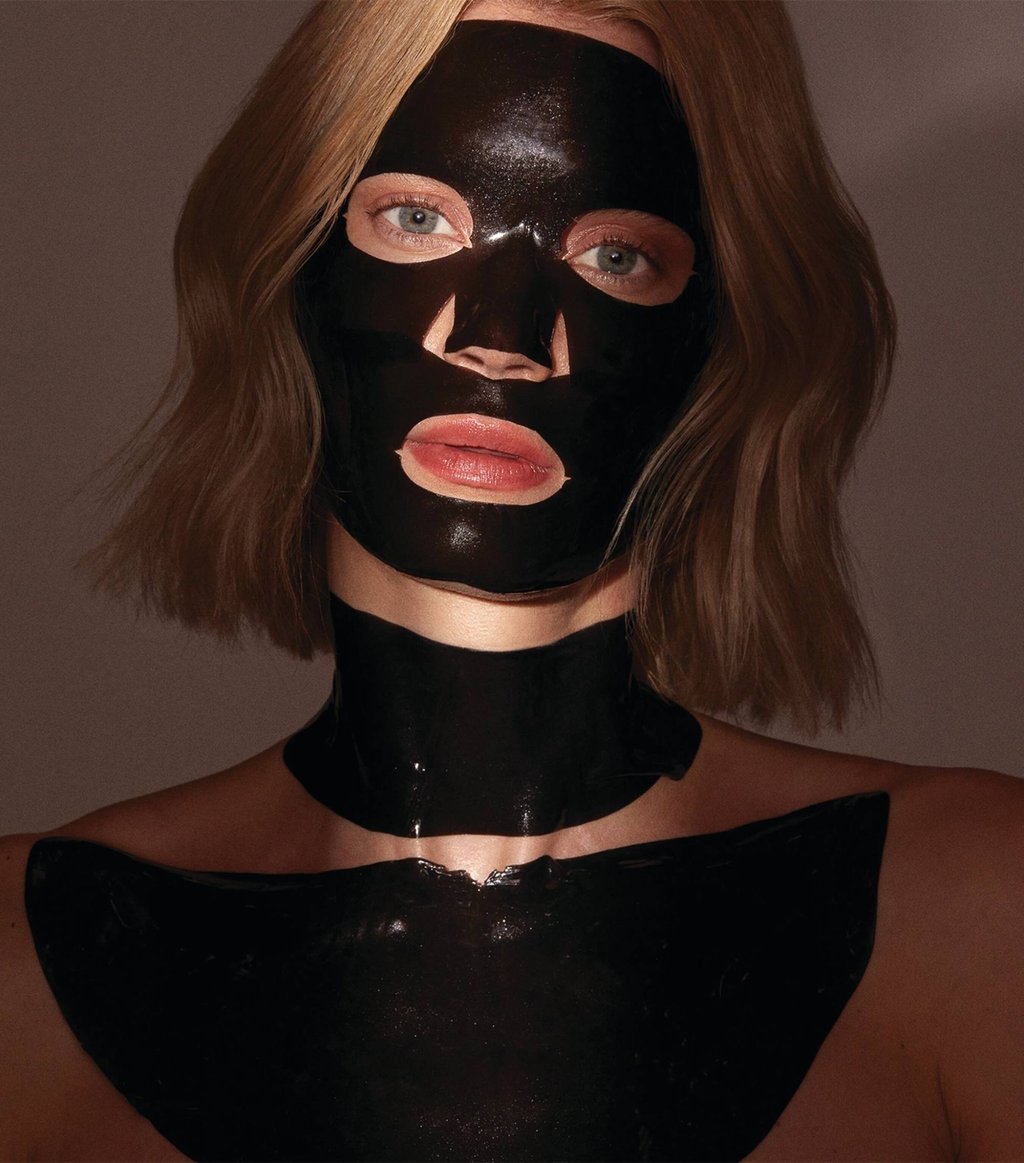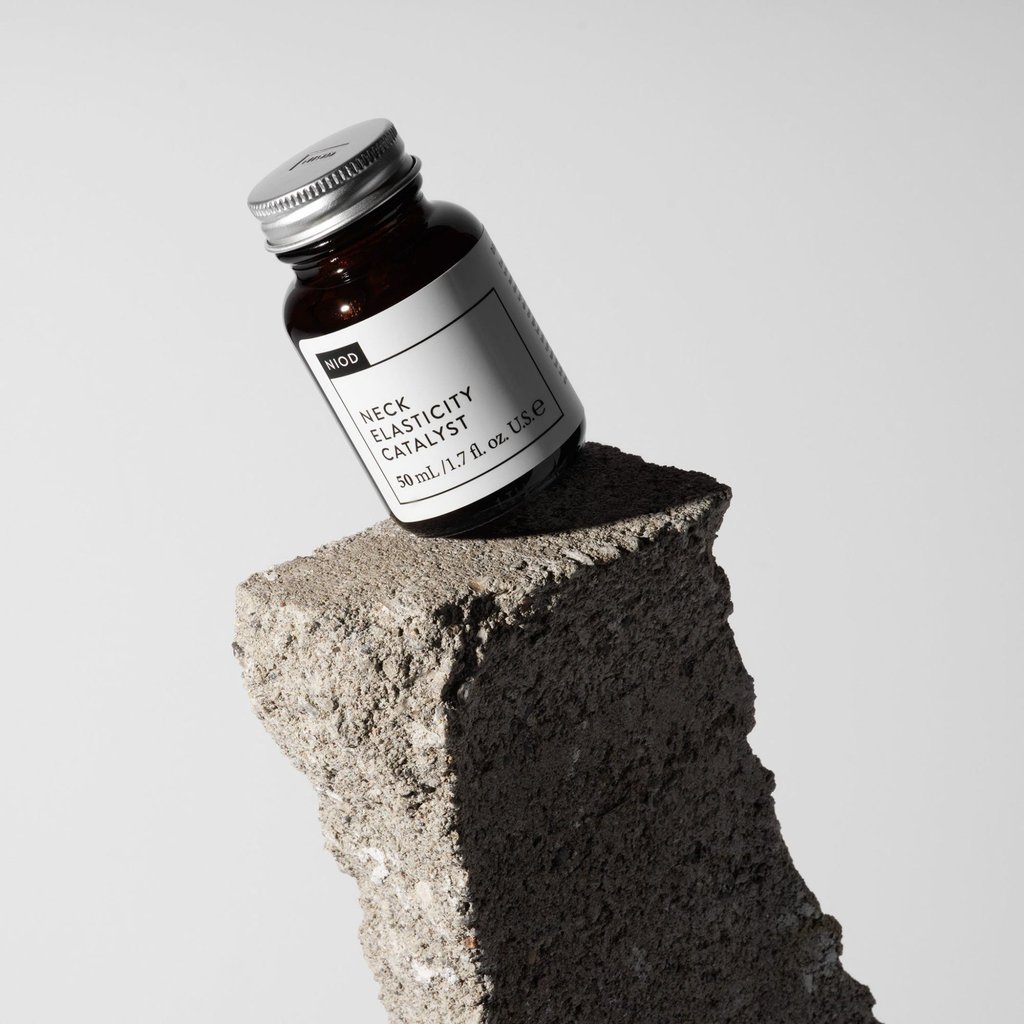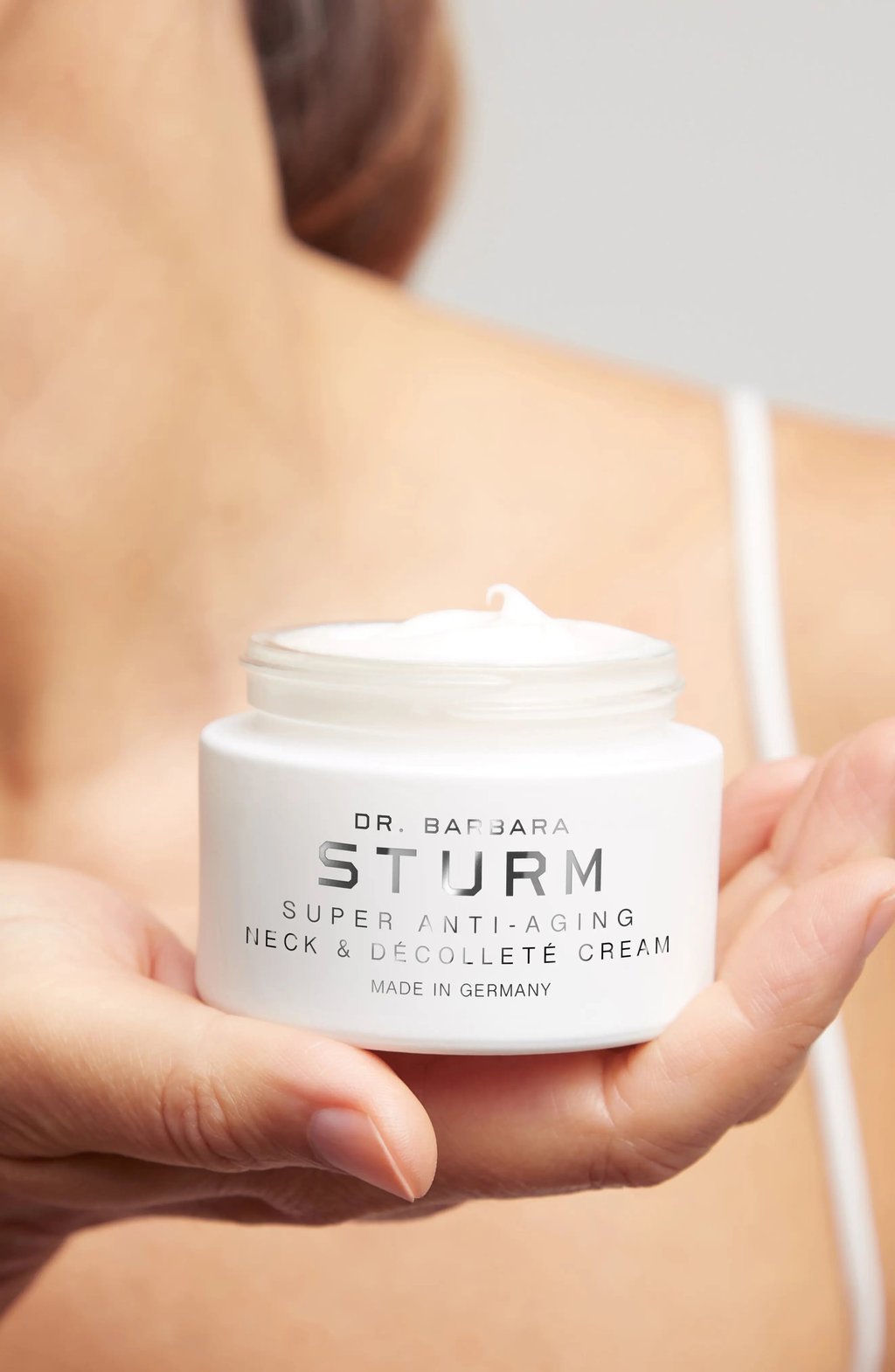Don’t risk your neck: taking care of the face comes naturally to most of us, but the décolletage is more prone to visible signs of ageing – are you doing right by yours?

- Thinner than the skin on the face, the skin in the area of the neck and chest takes longer to heal after injury and inflammation, is more sensitive, and is more prone to dryness and ageing
- Moisturising formulas rich in ceramides and peptides are recommended, sunscreen is of course essential, while the market has welcomed technology-driven solutions such as LED and red light therapy

This thinness, coupled with a higher degree of elasticity, means that the skin of the neck and chest is more prone to reflect signs of ageing. Dr Suzanne Ferree, founder of Vine Medical Associates and the Cellular Medicine Institute, says that some signs are very easy to spot. “Common signs of neck ageing are ‘necklace lines’, thin, crepey skin, submental fat pad or ‘wattle’, and lack of definition of the jawline,” she notes.
Everyday habits contribute to the ageing of the décolletage, including frequent bending of the neck to scroll through one’s phone, or simply turning the head. “This area tends to age differently than the face due to the positioning of the neck when using phones and laptops, and the lack of significant musculature or fat in women to hold the skin taut,” explains Ferree.


Understanding the décolletage as a separate entity with its own needs is vital to caring for this area effectively. “It’s easy to carry your skin products down your neck when applying them daily, as long as they aren’t too strong or irritating,” advises Geddes-Bruce. “Applying a simple daily moisturiser combined with SPF is an efficient way to get the most bang for your buck in caring for your neck.” Neck creams, while not essential, can also be beneficial. “You can also consider adding a targeted neck cream containing peptides and other active ingredients to improve collagen and elastin production,” Geddes-Bruce suggests.